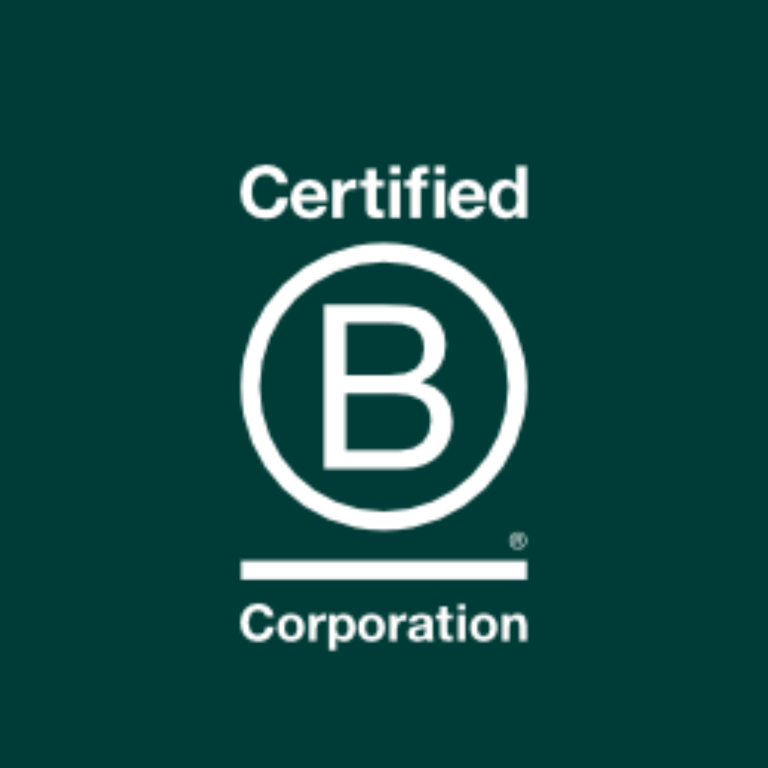
Consumer Duty – three months in
GreenKite’s CEO Sara Ager and Compliance Expert Claire Carpenter recently spoke about ‘Consumer Duty – three months in’ at the DARA Conference.
Questions addressed:
- Does the FCA have sufficient resources to meet the obligations they set around approving firms?
- What areas have firms struggled with the most on Consumer Duty?
- Will Consumer Duty make a difference?
- What have the FCA been up to, and where are they focussing their resource?
- Do firms think widely enough about vulnerability?
- Consumer Duty also stretches across the commercial landscape. Therefore, should firms be thinking about vulnerability in their commercial books?
- Where else do firms need to do more on vulnerability?
Responses in summary:
Product governance
The discussion emphasises the importance of a robust product governance process. This includes risk assessments, clear roles and responsibilities, and effective documentation. Business owners should drive the process, but compliance and underwriting teams play crucial roles in supporting it.
Co-manufacturer scenario
In the case of co-manufacturers (insurer and intermediary working together), it’s important to clearly define roles and responsibilities, especially in product governance and fair value assessments. Avoid duplicating efforts and ensure the insurer is actively involved in the approval process.
Data-driven decision-making
Using data to understand product performance, loss ratios, and other key metrics is vital for making informed product governance decisions. Understanding and using data effectively is critical to assessing product viability and value.
Vulnerability
The discussion briefly touched on vulnerability and its relation to products. Firms should strive to understand and address customer vulnerability, but there may be challenges in identifying and documenting vulnerability in practice, especially for smaller businesses and intermediaries.
Inclusion and accessibility
Product governance should consider factors related to accessibility and inclusion. This might involve making products suitable for customers with various needs, such as disabilities or other unique requirements.
Regulatory focus
The Financial Conduct Authority (FCA) strongly focuses on product governance, and firms are expected to ensure they comply with regulations, including Consumer Duty. The FCA may use Consumer Duty to address other regulatory agenda items, so firms should be prepared for scrutiny.
Challenge and documentation
Clear challenges, thorough documentation, and effective recording of product governance discussions and decisions are crucial. Firms need to demonstrate how they address challenges and document their decisions, even when there are small actions to take.
Commercial entity ownership
While compliance departments own product governance processes, they should be run as commercial entities. Business owners should play a central role in product governance meetings and decision-making.
If you would like to find out more about how GreenKite can help you with Consumer Duty, please contact Nadia Timmer at [email protected].






